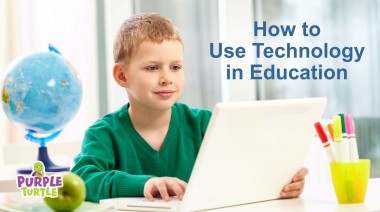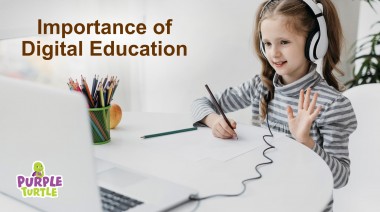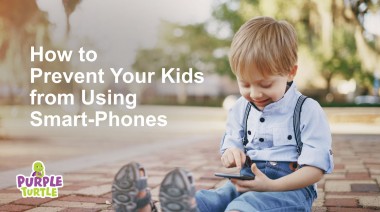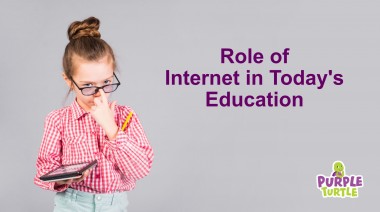
Education Trend Post COVID-19
The COVID-19 pandemic has affected every sector – none more than education. Corona Virus disruptive related issues have given educators time to rethink about teaching methods. Innovative ideas and techniques (technology) has stepped into the turf. They will now continue to play a key role in educating future generations. In a world where everything is so easy, that we get knowledge of everything in just a click, the role of the educator must change too.
In the midst of the COVID 19 crisis, we are sure that fellow educators, are wondering what measures should be taken to prepare students for their future.
The COVID-19 crisis has changed our world and our global outlook; it also taught us about how education needs to adapt to be able to better prepare our young learners for what the future might hold. The following points include
- Distance Learning Demand for distance learning is expanding increasingly as schools are closed and often promotes online portals to remote education. Moving learning from classrooms to homes at scale and in a hurry presents enormous challenges, both human and technical.
- Artificial Intelligence & Cloud Computing This will enable Massive Open Online Courses [MOOC] empowers teachers and students to expand knowledge by various online courses, which will help them in reskilling and upskilling themselves, Tutorial applications will be modified, with their lesson structures relying on the execution of the related user profile. Increased data crunching will make testing an increasingly interactive process.
- Digitalization & Technology As we all know that a single student may carry somewhere between 3–8 kilograms of weight every day to school, depending on the age and the class they study. Digitalization helps in shedding the weight along with that it is a great option where a child can learn from anywhere or at any time.
- Innovative technology to deliver education The COVID-19 pandemic has resulted in educational institutions across the world being compelled to suddenly harness and utilize the suite of available technological tools. The challenge is to create content for remote learning for students in all streams. Educators across the world are experiencing new possibilities to do things differently. With the emphasis on greater flexibility resulting in potential benefits in accessibility to education for students across the world.
- Redefining the role of Educators With students being able to gain access to knowledge, and even learn a technical skill, through a few clicks on their phones, tablets and computers, we will need to redefine the role of the educator for lectures in the classroom.This may mean that the role of educators will need to move towards facilitating young people’s development as contributing members of society.
Change is desirable; change is inevitable. Change in fact has been forced upon us. It depends on us whether we will grab the opportunity or will leave utilize the opportunity for a better journey as also a better tomorrow.





















